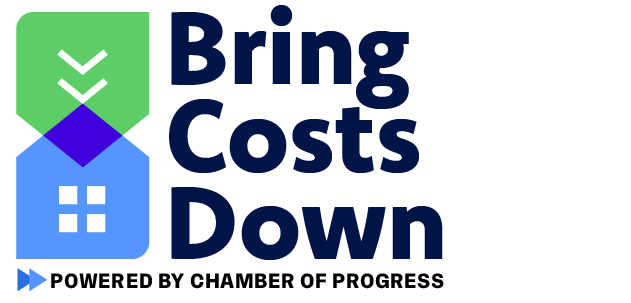
The Problem
While there are many new technologies and innovations that would help Americans live better, more affordable lives, the cost required to reach underserved communities often prevents the people who would benefit the most from new technology from reaping their rewards. However, forward-looking policies can ensure all Americans have access to the savings offered by new technologies.

Recommendations
- In order to promote rural broadband, the Federal Communications Commission (FCC) should (1) streamline licensing procedures for satellite operators and ground stations, (2) allocate more spectrum for satellite use, (3) allocate more orbital slot assignments, and (4) ensure that all definitions and standards are technology-neutral and do not favor terrestrial broadband over satellite broadband.
- To accelerate the development of disability assistive technologies, the FDA should (1) create a fast-track pathway for their approval, (2) allow for earlier-stage clinical trials with smaller sample sizes, and (3) create regulatory sandboxes where firms can do small-scale live testing of their innovations.
- Given the potential of autonomous vehicles to improve mobility for elderly and disabled people, the National Highway Transportation Safety Administration (NHTSA) should update the Federal Motor Vehicle Safety Standards (FMVSS) to promote their advancement, creating safety standards that are evidence based, but neutral between human-driven and autonomous vehicles.
- Federal agencies should ensure slow-to-change regulations don’t inhibit the growth of new innovations once they reach commercial viability by working with developers to promote futuristic technologies that bring down costs.
For a more detailed analysis of the problems facing healthcare in America and our proposed solutions, read the full Democratic Cost-of-Living Report.


